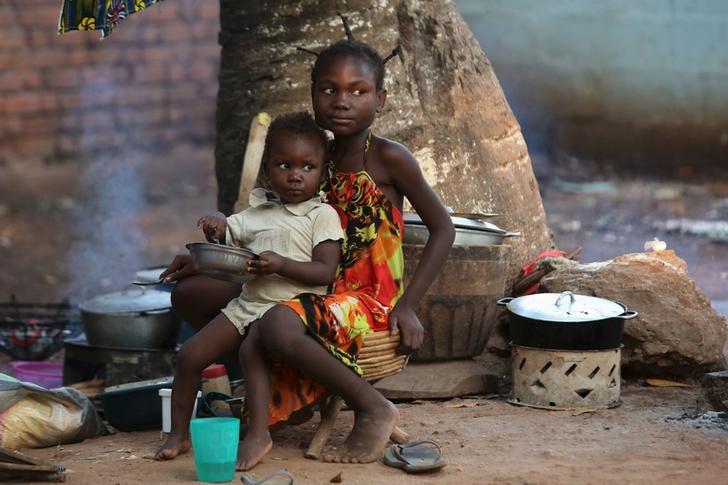
West, Central Africa risk taking over 100 years to end child marriage

The United Nations children’s agency (UNICEF) has warned that it will take West and Central Africa over 100 years to end child marriage, unless progress is seriously accelerated.
In a report released on Wednesday, the agency warned that the regions’ rapid growth and high prevalence would make it hard to even double the rate of the current decline, noting that the practice has far-reaching, life-altering consequences for millions of child brides, and a crippling impact on the region’s prosperity.
“We need to shake ourselves up,” UNICEF’s Deputy Executive Director Fatoumata Ndiaye said.
“We cannot continue to let so many of our girls miss out on their health, education, and childhood. At current rates, our report shows, it will take over 100 years to eliminate child marriage in the region – how is this acceptable?”
The report acknowledged that while the prevalence of child marriage in West and Central Africa has declined over the past two decades, progress has been uneven, and still four in 10 women are married before the age of 18 and, of these, one in three before the age of 15.
West and Central Africa includes six of the 10 countries with the highest prevalence of child marriage in the world: Niger; Central African Republic; Chad; Mali; Burkina Faso and Guinea.
The report also highlights that progress is possible – even in high prevalence countries – when the right mix of strategies is in place, such as empowering girls, mobilizing families and communities to change attitudes and behaviours, providing adequate services to girls at risk and to married girls and putting in place consistent laws and policies to protect and promote the rights of girls.
Five countries in the region – Gambia, Guinea Bissau, Togo, Ghana and Rwanda – stand out with declines in the practice ranging from 40 to 60 per cent over the past 25 years.
“Getting girls to schools should be our top priority,” Ndiaye said. “Not only because it equips girls for life, but it also helps to lift their families, their communities, their countries out of poverty.”
Source: UNICEF






